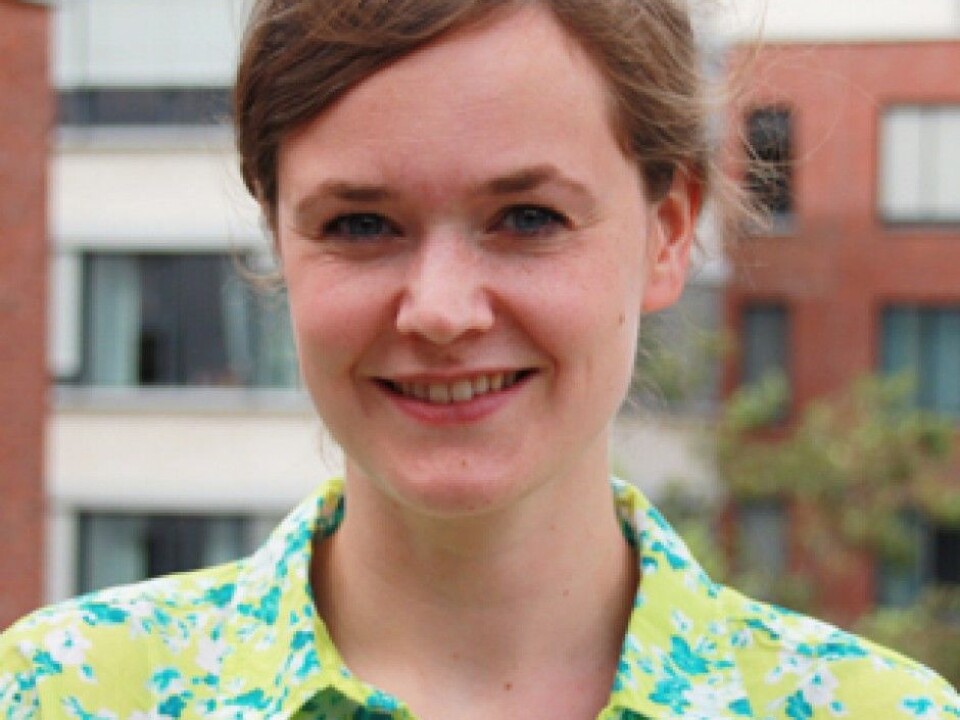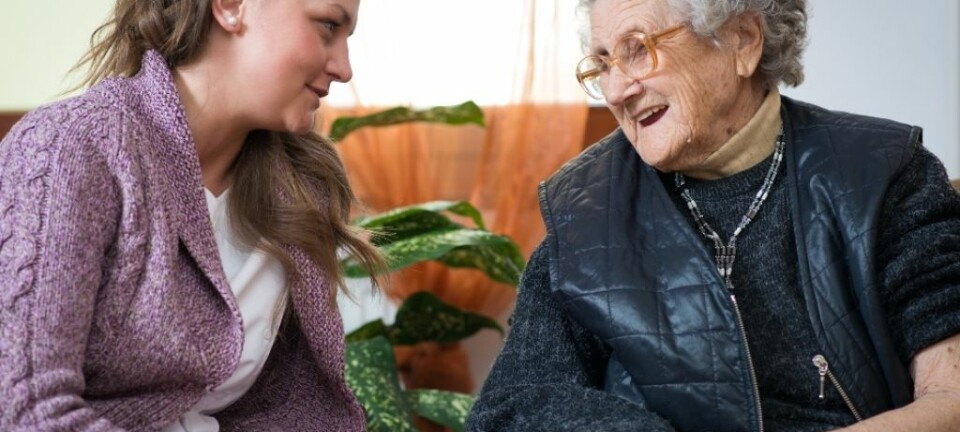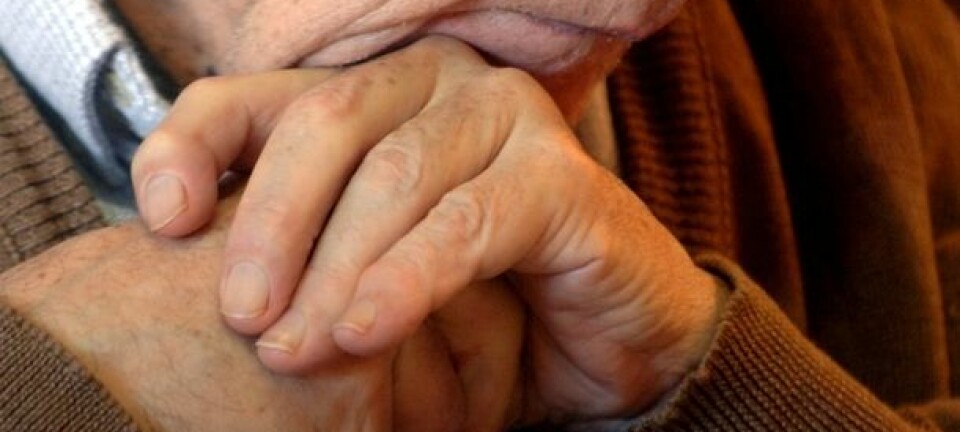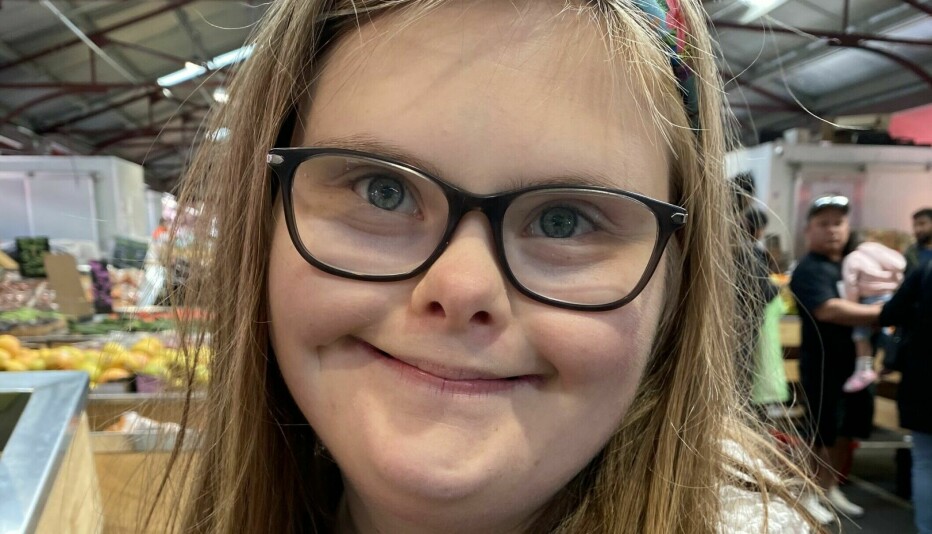This article was produced and financed by Oslo Metropolitan University

Are nurses really angels in white?
Having a strong desire to help others is not a prerequisite for job involvement in nursing, study shows.
The most important reason why nurses choose their profession is the desire to help others. This powerful motivation – for some perceived as a calling – makes nurses identify strongly with their chosen profession, which in turn increases the likelihood of them remaining there. But the motivation to help others is not as pronounced once nurses experience the realities of their daily work.
A recent study shows that the desire to help others does not make nurses more involved in their job. In other words, having a strong desire to help others is not a prerequisite for job involvement in nursing.
Kjersti Nesje, who conducted the survey, believes that the study challenges the myth of the nurse as an angel in white and that it serves to deflate the notion that you must be a particularly caring person in order to enjoy working as a nurse.
Undermines the training
"The traditional notion of nurses as angels in white who sacrifice a part of themselves to help others undermines the importance of the training, because it conveys the notion that caring is a quality people already possess and that cannot be learned," says Nesje, a PhD candidate at the Centre for the Study of Professions, Oslo and Akershus University College of Applied Sciences.

According to Nesje, what is undermined is the medical and technical knowledge, the expertise acquired during the nursing programme, and the development of practical skills. She is unsure as to whether there are aspects of the profession other than the caring element that ought to be emphasized and promoted more clearly:
"I have no specific answer to that. The main point is that I deflate the myth of angels in white by showing that the desire to help is not closely related to being involved in the job."
Nesje used the StudData database in her study, examining nurses' motivation in their third year of training and then comparing it with their responses after working three years in the profession.
Risk of fatigue and stress
"I was surprised to find that the motivation to help others – what we call prosocial motivation – is not related to how nurses perceive their daily work," she says, and points out the potential negative effects on individuals if they lack involvement. Nesje refers to previous research on job involvement which shows that low engagement can, among other things, make nurses more prone to fatigue.
"Working in so-called helping professions may trigger burnout and feelings of stress, so the likelihood of sickness absence is greater," she says.
"We must take into account the way in which the nurses in the survey evaluate involvement in their job. Many probably find they have to forgo the idealistic aspect of their work in favour of their daily work, with time constraints, routines, and everyday stress," she says.
Stay in their jobs
The motivation to help others, which is why many nurses choose the profession, is not as closely linked to their experience of reality once they start working. Nevertheless, many remain in the profession. But where do nurses derive their sense of involvement from if not from a desire to help others?
"My study shows that the motivation to help others is not related to job involvement. Other factors become more important. Unfortunately, I did not study factors that enhance involvement among nurses," says Nesje. She did, however, look at whether nurses' motivation to help others has anything to do with a sense of professional identity, and she found a connection:
"It's not surprising that there is a connection between the nurses' motivation to help others and their sense of professional identity, since helping people and caring for them are core values in the profession,” she says.
Nesje refers to other research which shows that professional identity increases the likelihood of a person remaining in his/her profession.
"Given society's growing need for health professionals, this is important knowledge," she says.
The Norwegian Directorate of Health has estimated that Norway will lack almost 30,000 nurses by 2035.
------------
Read the Norwegian version of this article at forskning.no

































